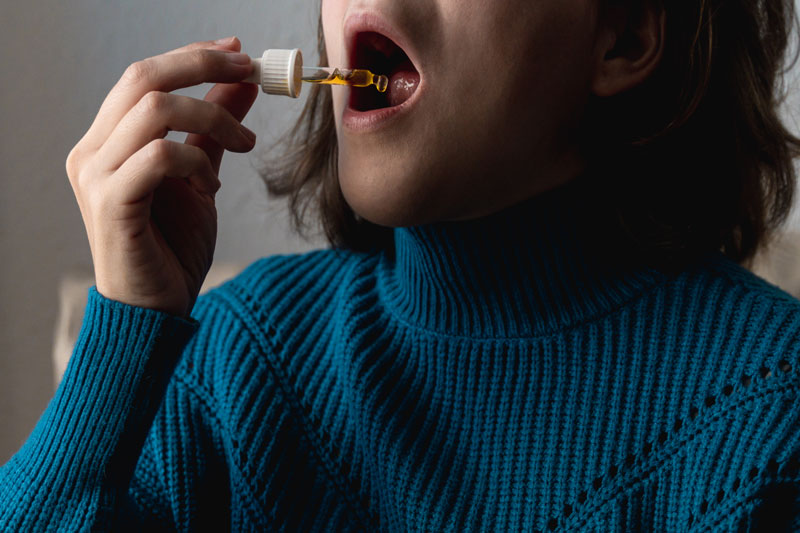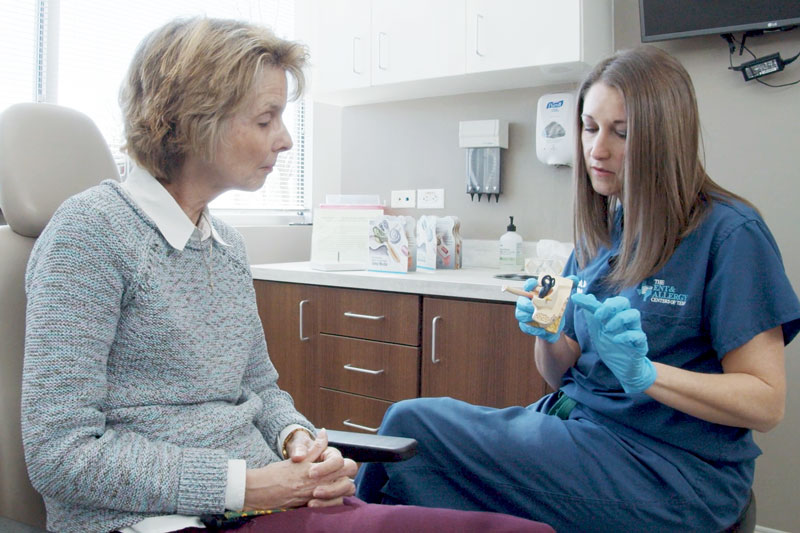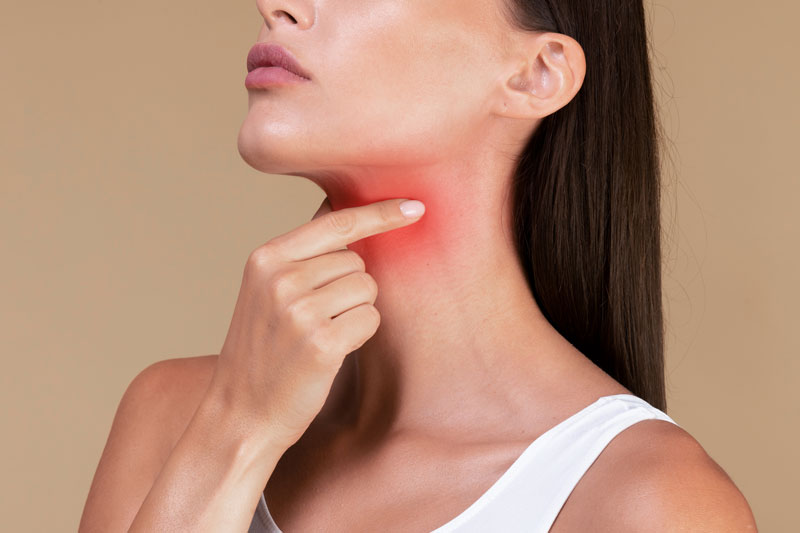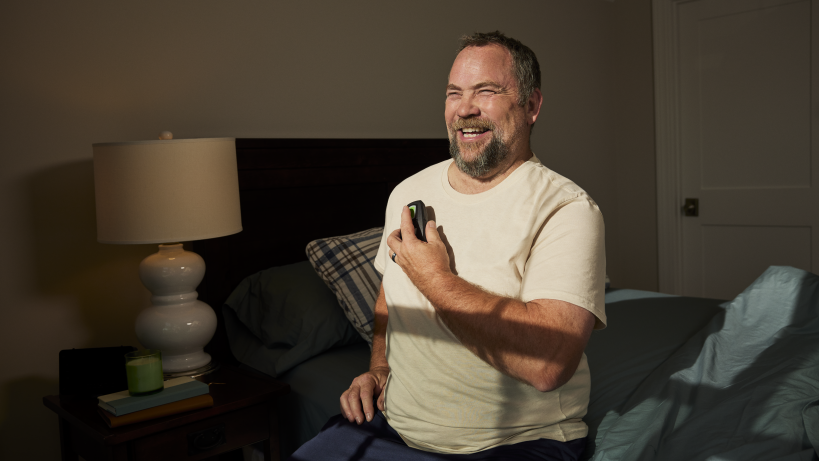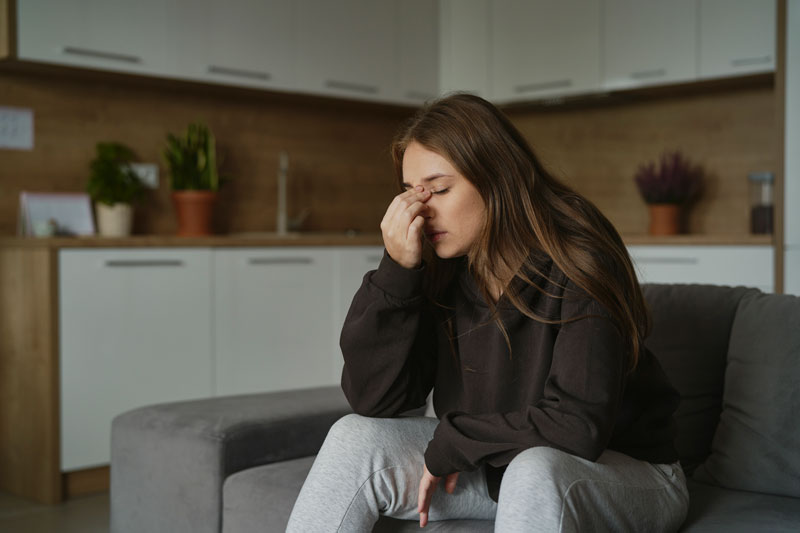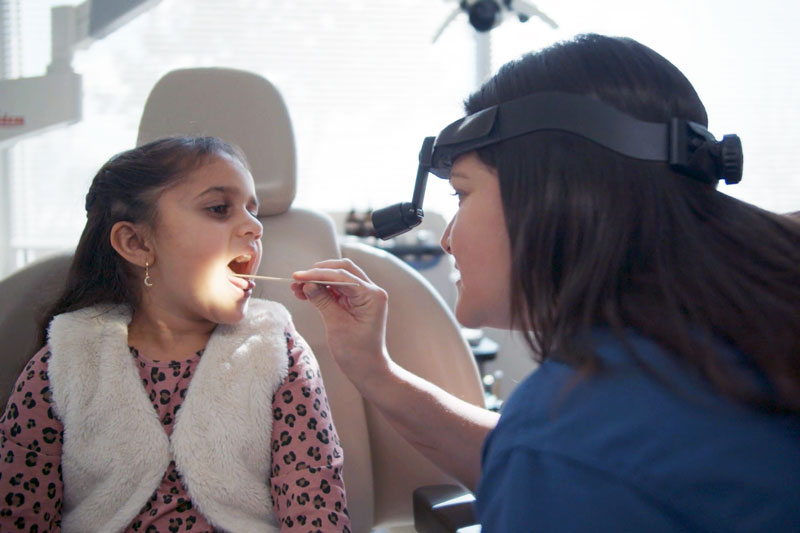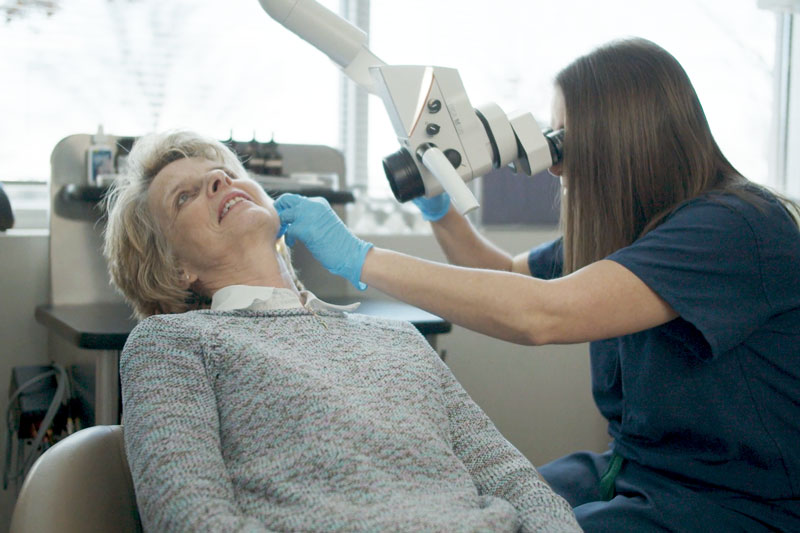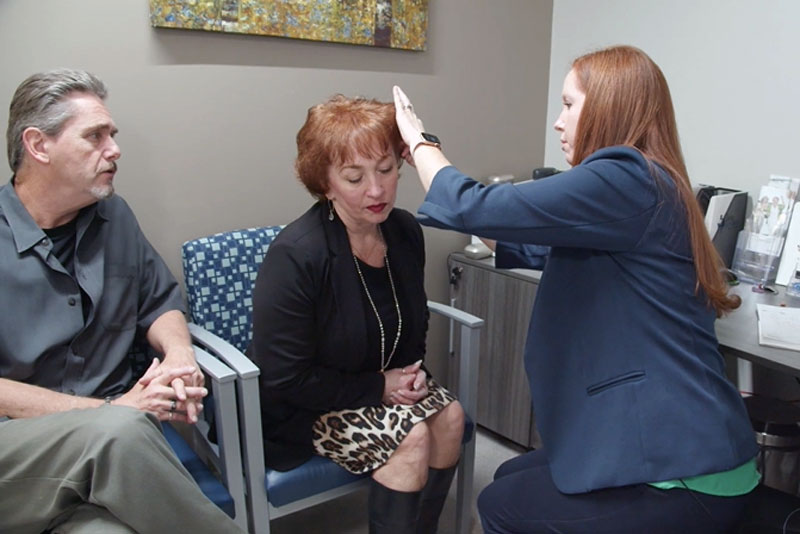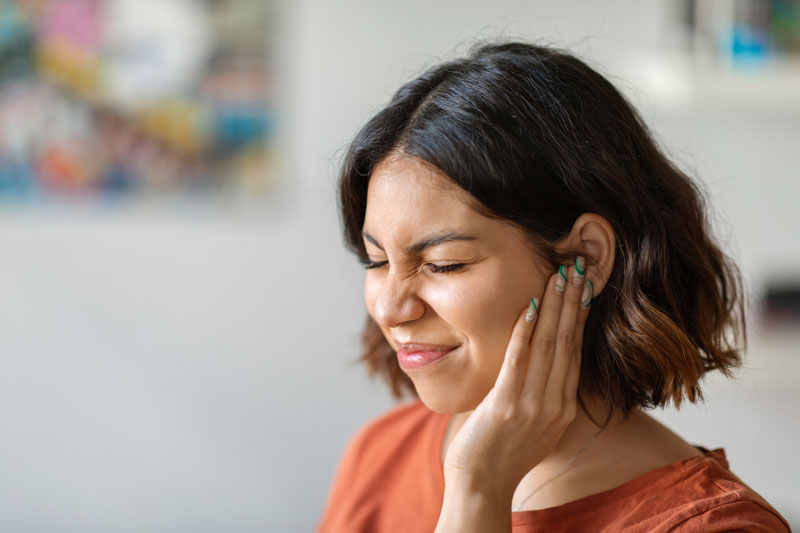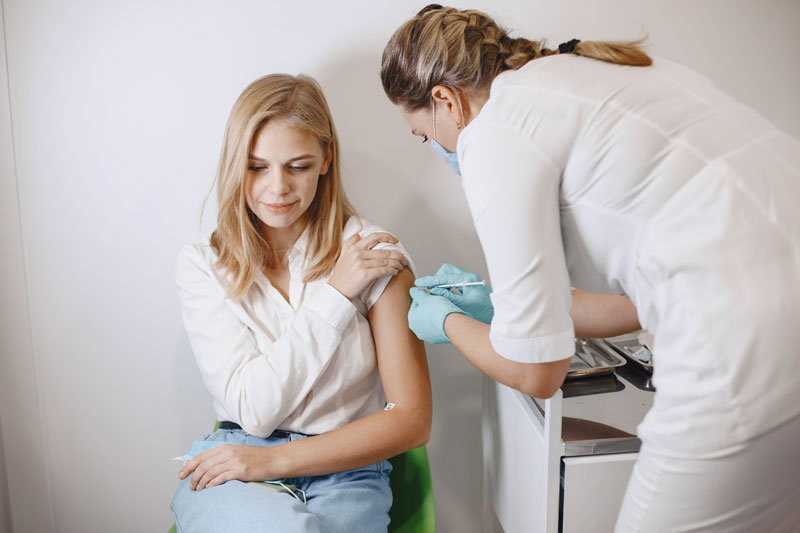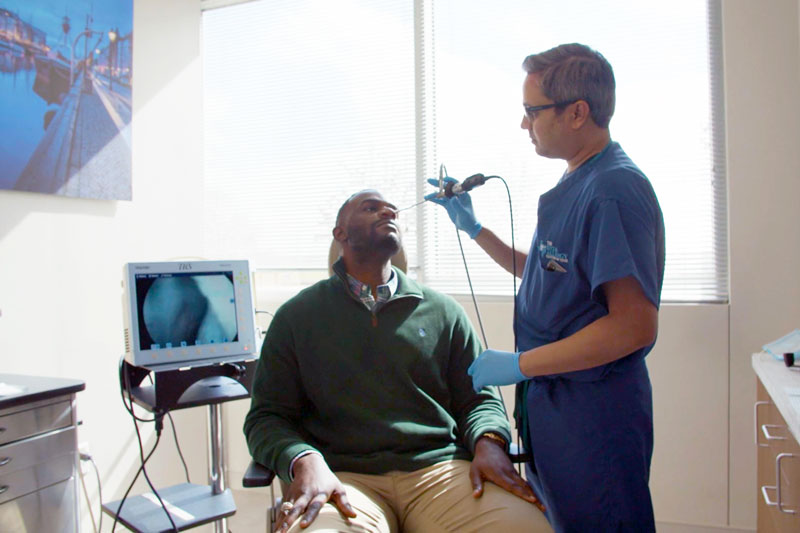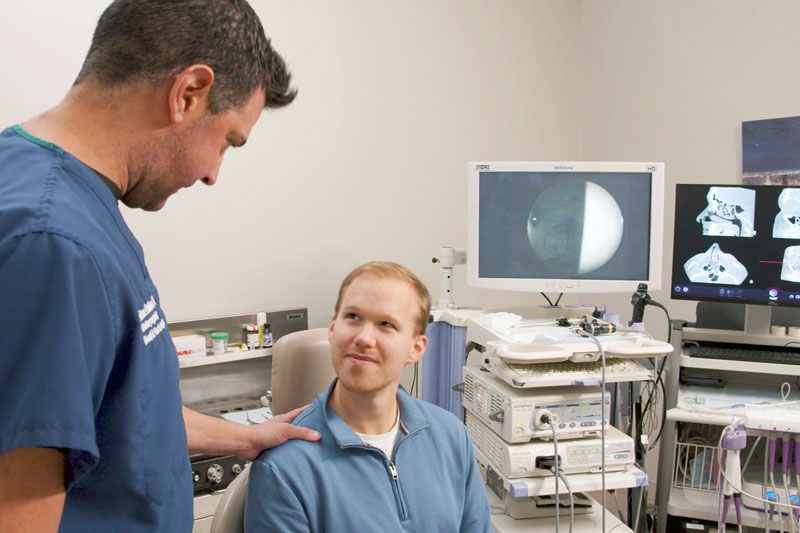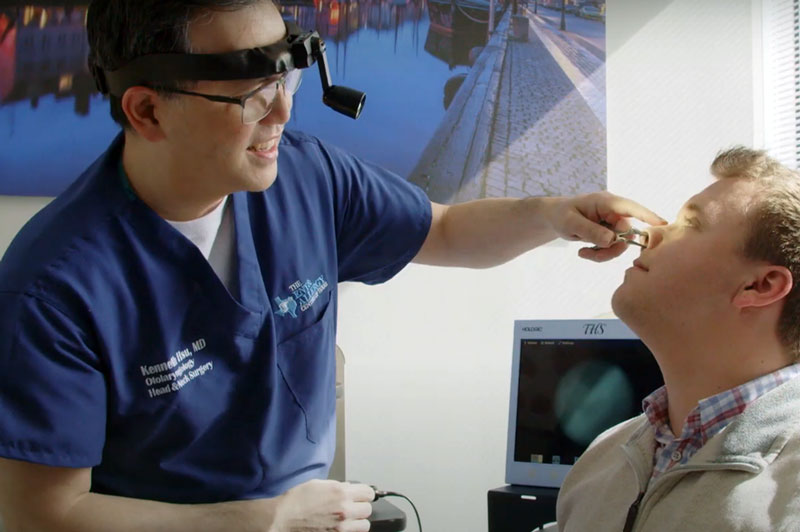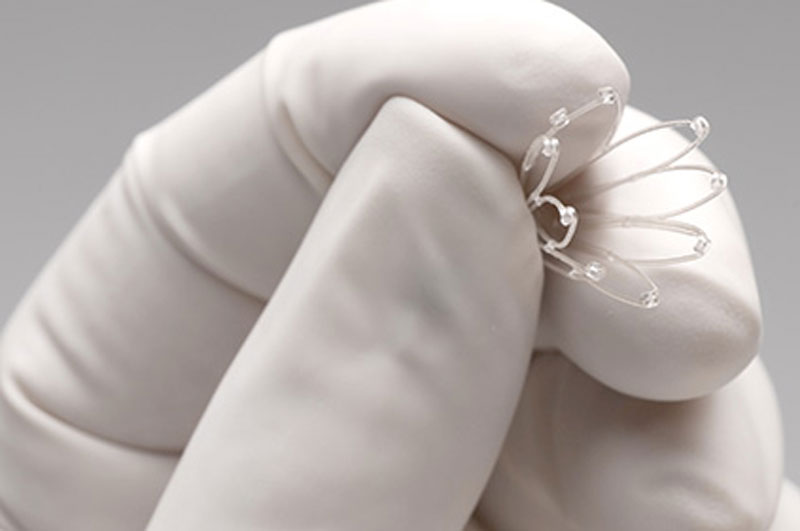What are Allergy Drops?
Sublingual Immunotherapy (SLIT), or allergy drops, are a convenient alternative to traditional allergy shots. Unlike shots that require regular clinic visits, SLIT allows for at-home administration, fitting seamlessly into your busy schedule. Both treatments aim to desensitize your body to allergens, but SLIT provides the flexibility and ease of self-care.
If allergy shots are hard to keep up with, The ENT & Allergy Centers of Texas offers SLIT as a potential solution to your allergy treatment.

Am I A Good Candidate for Allergy Drops?
Residents of the Dallas-Fort Worth area, particularly those in Plano, McKinney, Allen, and Frisco, who suffer from allergies and have not responded well to traditional allergy shots, may find SLIT to be a beneficial alternative. Most allergy sufferers are good candidates for allergy drops, particularly those who have not responded well to or cannot tolerate allergy shots. SLIT is especially beneficial for children, patients with intensely sensitive health conditions, individuals with a fear of needles, and those dealing with mold allergies, chronic conditions like sinusitis, asthma, or multiple allergies, including sensitivities to animals, foods, and pollen.

What are the Benefits of SLIT Allergy Drops?
SLIT, available at our Texas-based ENT & Allergy Centers, provides flexibility to allergy patients. SLIT allergy drops offer an effective alternative to allergy shots and provides numerous benefits for those seeking convenient allergy treatment.
These drops can treat a wide range of allergies, including seasonal allergies such as ragweed, tree, and grass pollen, as well as animal allergies and sensitivities to mold, pollen, and dust mites. SLIT allergy drops are a convenient, flexible allergy treatment, reducing the overall cost of allergy treatments and minimizing the need for regular office visits.
This cost-effective approach is coupled with the effectiveness of the allergy treatment, as many patients experience significant improvements in their allergy symptoms, often requiring less medication for symptom management. As a reliable alternative to allergy shots, SLIT allergy drops are an appealing option for those seeking a more convenient and effective allergy treatment.
SLIT Allergy Drops for Long-Lasting Results
Allergy drops are typically recommended for daily use over about three years. However, the exact duration of treatment can vary depending on factors like the seasonality and severity of the allergies. Consistent and proper use of allergy drops is crucial to achieving the best possible results. After completing the entire treatment, many patients experience significantly reduced allergy symptoms for 10 to 15 years, with some even reporting extended periods of relief following sublingual immunotherapy.
What are The Potential Side Effects and Risks of Allergy Drops?
At The ENT & Allergy Centers of Texas, we have seen our Dallas-Fort Worth patients experience long-lasting relief from their allergies with SLIT, often enjoying 10 to 15 years of minimal symptoms after completing the treatment.
Allergy drops have been a safe and reliable method of immunotherapy for over a century, with extensive research confirming their effectiveness. Commonly reported side effects include mild reactions such as itching of the mouth or tongue, throat irritation, swelling in the mouth, and oral numbness. While these side effects are generally mild and localized, there is a rare possibility that a reaction could spread beyond the initial site.
Schedule Your Consultation for SLIT Allergy Drops in Dallas-Fort Worth Today
Take control of your allergies with the convenience and effectiveness of SLIT allergy drops treatment with The ENT & Allergy Centers of Texas. Our allergy specialists can help you find lasting relief from your allergy symptoms. Book an appointment online or find a location near you.

